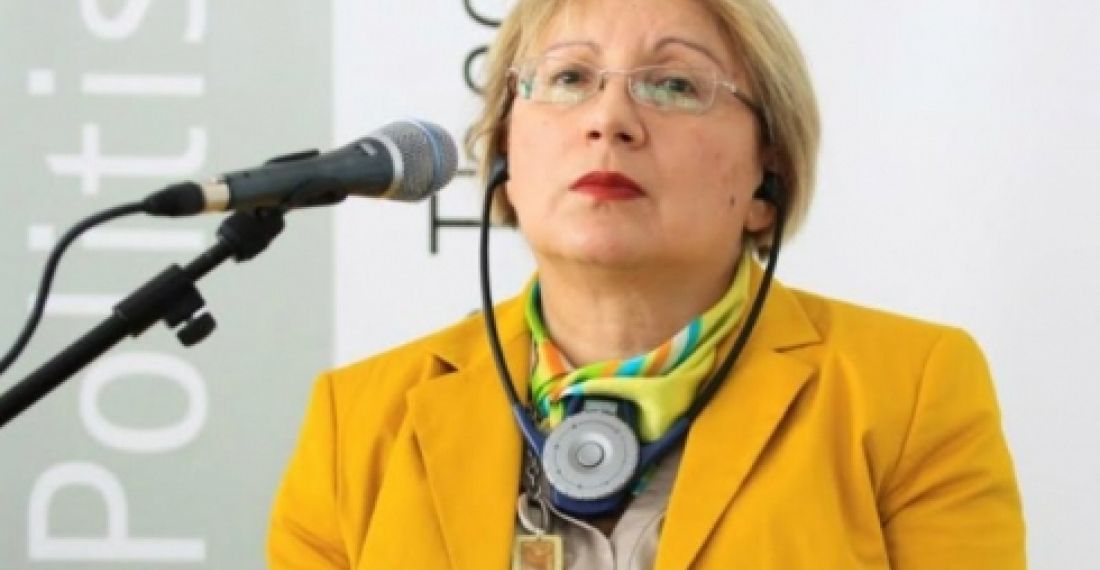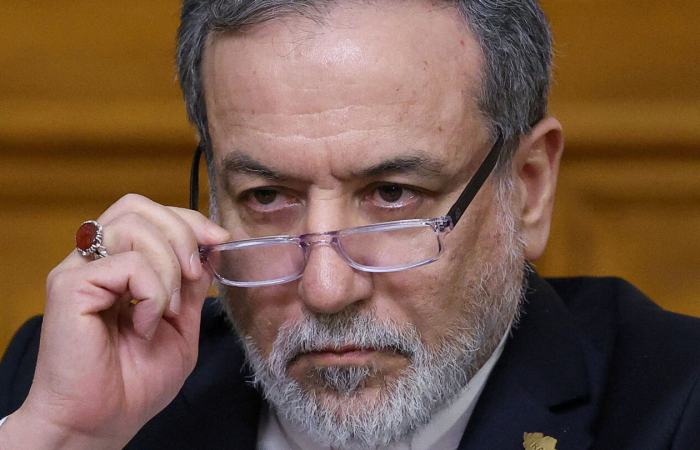Сопредседатель Минского процесса ОБСЕ, посол Джеймс Уорлик выразил поддержку правительству Соединенных Штатов касательно контактов между армянами и азербайджанцами и сообщил, что дипломатия второго уровня вносит доверие и взаимопонимание между двумя народами. Уорлик написал об этом в своем микроблоге сегодня утром вскоре после того, как в Азербайджане была арестована еще одна активистка, которая в прошлом была видным активистов и инициатором контактов между гражданскими обществами Азербайджана и Армении.
Видные правозащитники Лейла Юнус, и ее муж Ариф, были арестованы в аэропорту Баку, во время посадки на рейс в Доху. Общественность была шокирована арестом, что видно по социальным медиа, в которых осудили такое развитие событий. В доме семьи Юнус, а также в их офисе прошли обыски.
Несколько дней назад журналист из Азербайджана Рауф Миркадыров был арестован в Турции, депортирован в Азербайджан и обвинен в шпионаже в пользу Армении. Миркадыров недавно посещал Армению в рамках проекта по укреплению доверия между гражданским обществом двух стран.
Источник: commonspace.eu по материалам агентств
Фото: Лэйла Юнус







